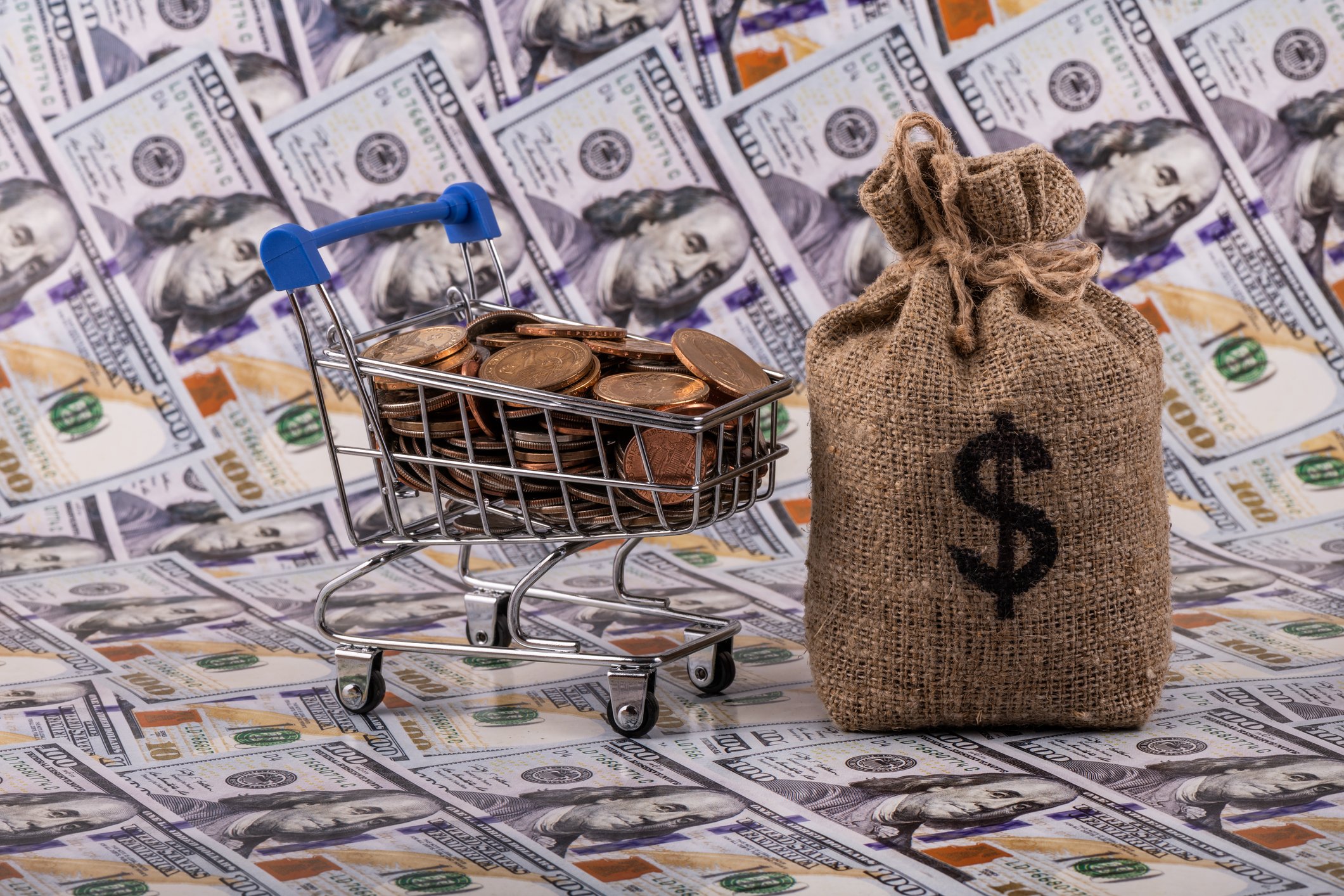Indoor malls got crushed during the 2020 pandemic shutdown and subsequent stock market slump. Shares of industry giant Simon Property Group (SPG 1.51%) fell roughly 70%. And while the stock has rallied more than 80% so far this year, making up a lot of lost ground since the nadir, the shares are still about 10% lower than in early 2020 (before the pandemic). They also are roughly 40% below their 2016 highs, suggesting that there's still a lot of worry on Wall Street about this mall landlord's future. Yet the truth is, it's doing quite well all things considered.
Getting better, much better
When the government tells you not to open your properties during a pandemic because they are non-essential, you know times are going to be tough. And they were...last year. Now that real estate investment trust Simon Property Group has its malls open for business again, things are quickly improving. To give you an idea of just how much better the situation is today, during Simon's second-quarter 2021 earnings conference call, Chief Executive Officer David Simon said that, "Total sales for the month of June were equal to June 2019." In other words, the REIT's malls are already back to their old form.

Image source: Getty Images.
Sure, some of that is likely due to pent-up demand, given that consumers hadn't been able to shop in person for months. However, there was an interesting nuance in the numbers. As the CEO noted, "If you exclude two well-known tenants, our mall sales were up 8% more than compared to June of 2019." In other words, some retailers still are struggling, but many others are doing quite well.
That helps explain why Simon increased its full-year adjusted funds from operations projection in the first quarter, with a notable improvement in the "worst-case scenario" outlook. Then it upped its earnings forecast, increasing the range on both the high and low end, when it reported second-quarter results on Aug. 2. The company hiked the dividend in each of the first two quarters of the year, as well (following a cut in 2020). These are not usually the types of moves that a struggling company makes.
The hidden rocket boosters
So business is getting better fairly quickly for Simon -- but there's a nuance here. During the pandemic, the REIT worked with tenants that needed help. That often took the form of adjusting leases so that base rents were lowered but percentage-of-sales rents were raised. The end result of such a change is that Simon collected less rent during the bad times, but probably will collect more rent when customers come back in force.
It's hard to see this in the numbers today. For example, a key metric that Wall Street monitors is the leasing spread, which shows what new leases are being signed versus the year ago period. Simon's leasing spread was negative 21.8% in this year's second quarter. On the surface that's terrible, but it's understandable because Simon lowered base rents in exchange for higher percentage rents. And now that sales are picking up again, it could easily outperform on the upside as those percentage rent agreements kick in.
But there's another wrinkle here. The leasing spread only looks back one year. So if Simon signed a new lease on a property that had been vacant for 13 months (or longer) it wouldn't show up in these figures. That space probably will contribute to an increase in rental income that didn't get included in the leasing spread, but will still add to the top and bottom lines. As Simon continues to lease out vacant space, hidden benefits like this will start to add up.
In addition to these internal opportunities to surprise to the upside, Simon used the shutdown to invest, with partners (collectively known as the SPARC Group), in a group of iconic retailers, including J. C. Penney, Forever 21, and Brooks Brothers, among others. These were troubled names, for sure, but according to CEO Simon, "All of our global brands within SPARC Group outperformed their budget in the quarter on sales, gross margin and EBITDA." If that kind of performance keeps up, this opportunistic investment could pay off even better than Wall Street expects today.
Ready for a crushing performance
It wouldn't be fair to say that Simon is out from under the Covid hangover just yet. However, it has been performing exceptionally well, given the headwinds it has faced. And, based on the strengths that aren't visible in some of Wall Street's favorite metrics, there's every reason to believe that Simon can keep outperforming, perhaps besting even the most optimistic analyst expectations.






